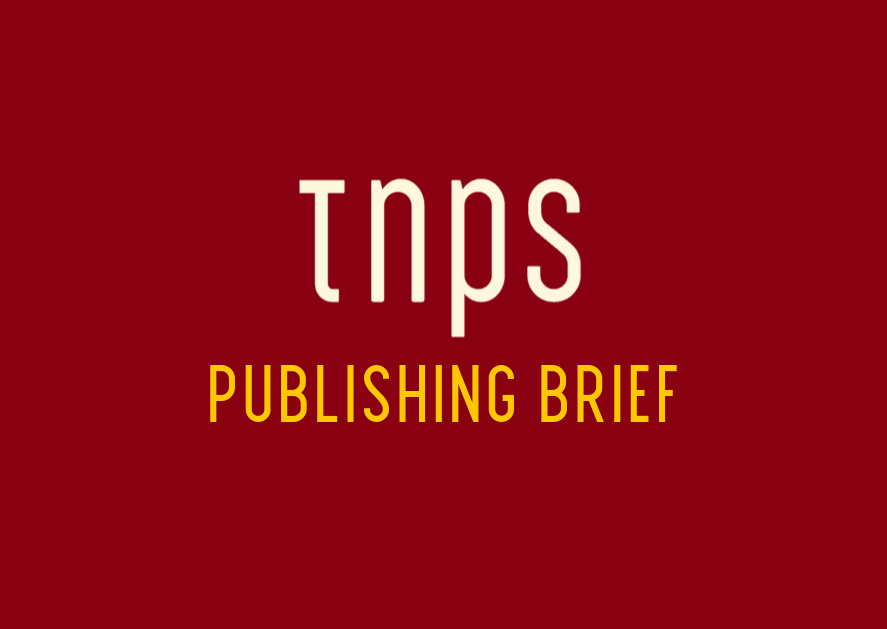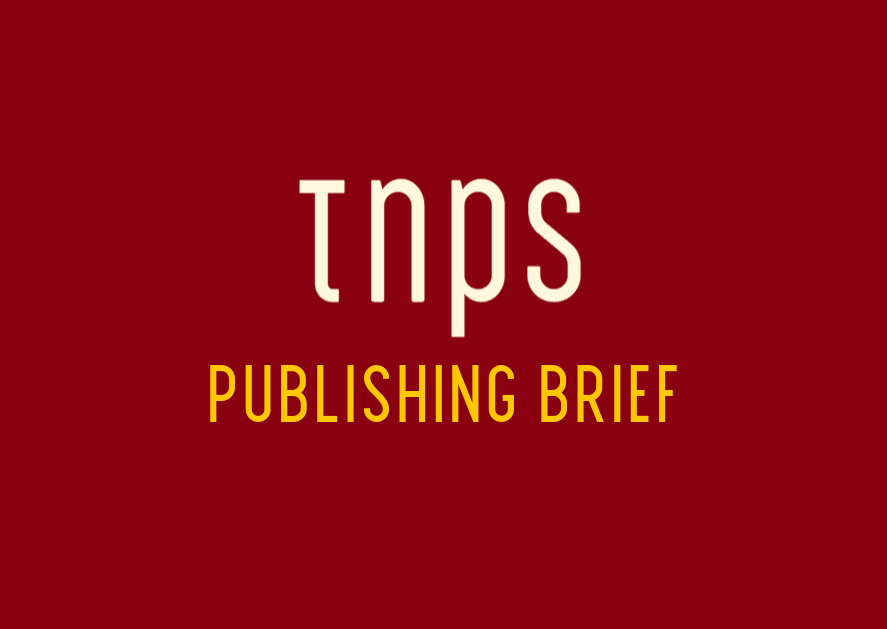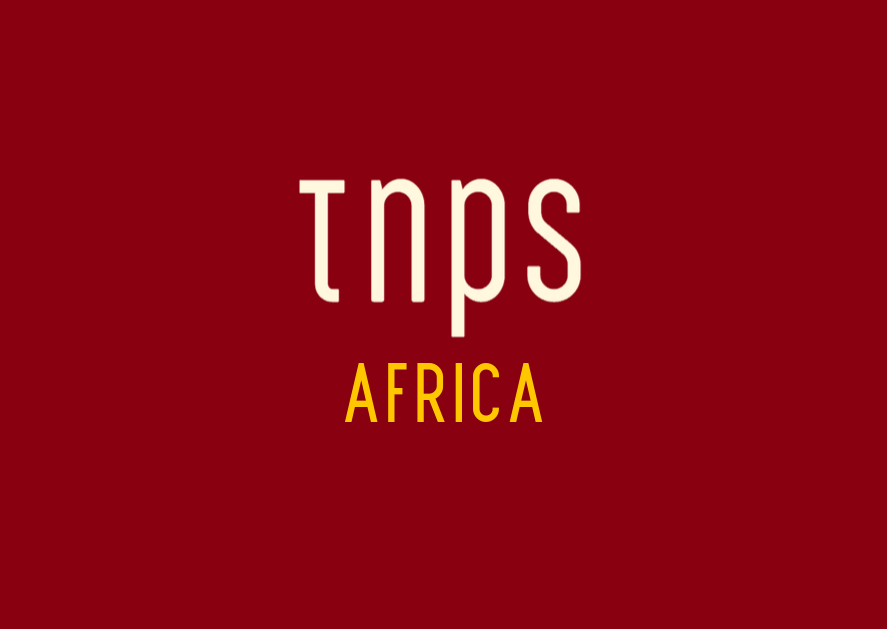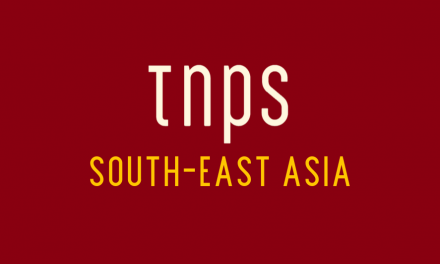Underestimate the significance of this deal at your peril. This is another seismic shift that will go largely unnoticed and unremarked for now, but will send ripples across the global publishing arena for years to come.
Print? Check. Ebooks? Check. Audiobooks? Check. Podcasts? We’re getting there. Online reading? As in Wattpad? Be serious. That’s for preteen girls who don’t mind reading unedited drivel from talentless wannabe authors. There’s no money to be made here!
Well, except when there is. That $600 million South Korea’s Naver is dropping to buy Canada-based Wattpad is not loose change. This is a serious business investment few could match and even fewer would squander on a business that had no profit potential.
As for preteen girls and talentless wannabe authors… Only in the eyes of those who have never looked too loosely at what Wattpad has morphed into.
Yet the western industry coverage of the year’s biggest deal so far has been mostly little more than a press-release recital, and no coverage seems to have looked at the bigger picture unfolding.
Here’s the thing: online reading is a massive and lucrative business in Asia, but western publishers struggle with the concept. It’s not print books. It’s not imitation print books on a screen as most ebooks are. It’s not subscription, unlimited or otherwise. Nor is it the western industry’s current darling, audiobooks. It’s just… well, reading online. The thin end of a very unhealthy wedge for western publishers fixated on the analogue model that treats digital as an afterthought or, in the current pandemic era, a safety-net.
But the Naver acquisition blows out of the water the notion that online reading is not a potential revenue spinner. Dropping over a half billion bucks on a platform is something few companies could even think about, and per previous TNPS discussion about the Wattpad sale, the most likely candidates appeared to be either Amazon or Tencent.
In fact both were ruled out in that post – Amazon because Wattpad is not a major player in Amazon’s spheres of interest, and Tencent because of the current issues Jack Ma is facing in China with rival operation Alibaba.
Naver comes as a surprise in that its previous pushes outside South Korea have not been focussed on North America (Wattpad is based in Canada), but it certainly, and with hindsight obviously, has the cash and also the interlocking interests such that make the Wattpad acquisition a positive for the company.
Per the TNPS post, I regarded the $500 million price tag as conservative, and Naver it seems shared that view. But what does Naver get for $600 million? Well, more than doubling its potential audience for one thing.
Per the press release, Wattpad’s 90 million monthly user base –
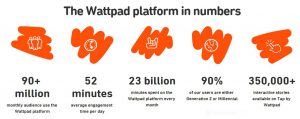
now combines with Naver’s 72 million users to make an unrivalled platform, although in real terms it seems Wattpad will be run as an independent company, at least for now.
That in itself is worth putting in a wider context, because the combined online-reading base of Tencent (China Literature), Alibaba and other players mean the online reading market is likely substantially over a half billion.
And that’s before we start to factor in the spin-off properties and audiences.
Wattpad for example has turned a platform for adolescent girls and wannabe writers (a pretty fair description of its earliest years) into a book publishing, film and TV operation while expanding online reading into niche multi-media apps like Tap, and even having its own innovation factory, WattpadLabs.
At which point throw in Naver’s empire: Webtoon (animation) has over 72 million monthly users, mostly across Korea, Thailand, Indonesia and Japan, but with obvious synergies with Wattpad content and IPs.
Webtoon creates its own content and draws on content from professional publishers as well as offering a self-publishing platform, Webtoon Canvas, where creators can earn cash (US$) through the Webtoon Canvas Creator Rewards Programme (credits are paid through Patreon so no major issues for creators to receive payments).

Webtoon Studios is animation-focussed, unlike Wattpad Studios, but both have proven track records.
Per the press release, Naver Webtoon founder NAVER WEBTOON founder and CEO Jun Koo Kim said:
Wattpad joining WEBTOON under the NAVER umbrella will be a big step towards us becoming a leading global multimedia entertainment company. Both Wattpad and WEBTOON care most about helping creators tell their story their way, and both represent world-leading collections of inspired, imaginative storytelling IP.
Just where this goes next is a matter for conjecture, but we’ve already seen how Tencent has moved into markets beyond China, including an investment in Wattpad. It’s anyone’s guess how the China situation will play out for Tencent’s global ambitions, but we should by now be realising that Never has global ambitions too.
My position is that this is another seismic shift that will go largely unnoticed and unremarked for now, but will send ripples across the global publishing arena for years to come.
Because the thing with online reading is that it is potentially the emerging markets’ alternative to subscription, where a fixed monthly rate is a commitment most consumers won’t make, but where “sachet-marketing” (micro-payments in time and in line with consumption) is the norm.
Underestimate the significance of this deal at your peril. Online reading won’t challenge the western retail and subscription model any time soon, if ever, but it has, is and will open up new markets and opportunities for publishers quite unimaginable back when digital reading began to take off in the late 2000s.

